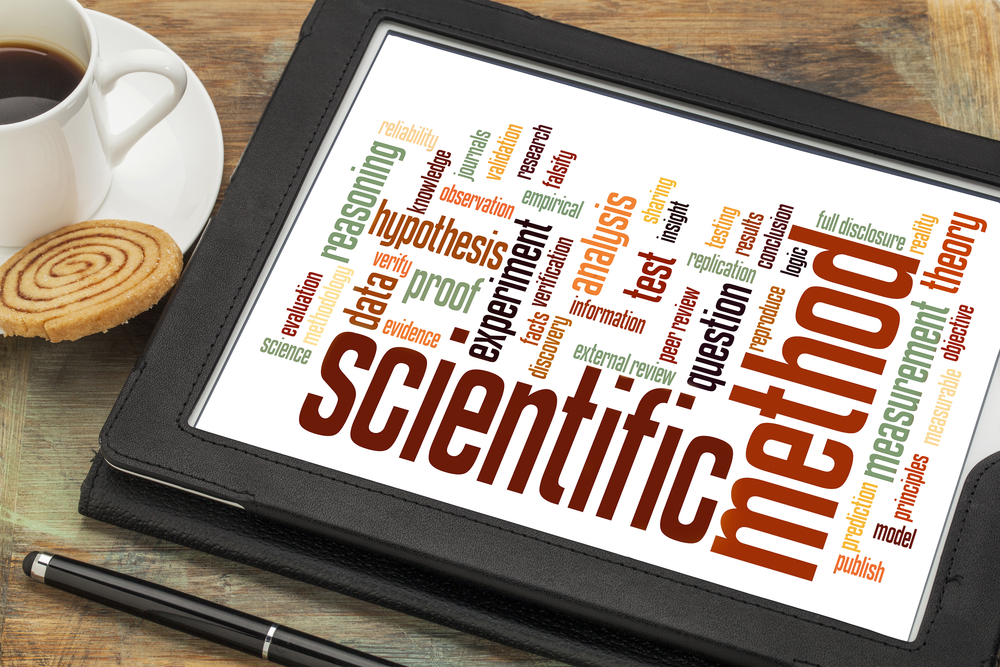Reading practice Science Worksheets for Ages 6-8
5 filtered results
-
From - To
Enhance your child's reading skills with our engaging science worksheets, designed specifically for ages 6-8. These worksheets combine essential scientific concepts with interactive reading exercises that captivate young learners. Children will explore topics like plants, animals, Earth, and space while developing their comprehension through fun activities. Each worksheet encourages critical thinking and fosters a love for learning. Ideal for both classroom and at-home learning environments, our reading practice sheets will help your child build confidence in their reading abilities while enjoying the wonders of science. Download and print them today to enrich your child's educational journey!
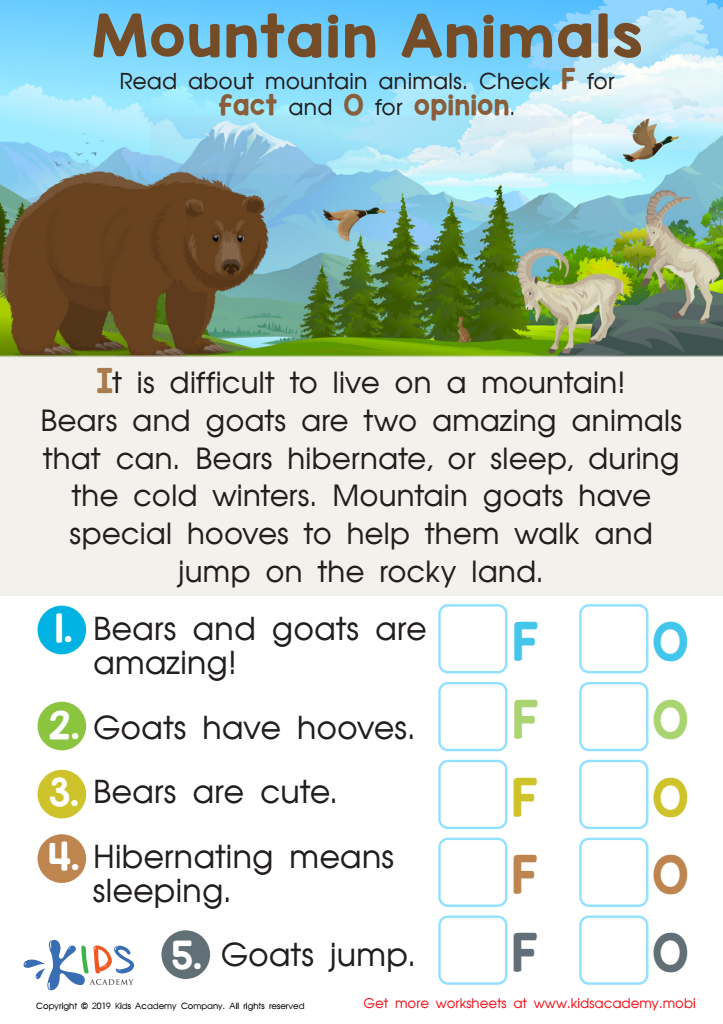

Mountain Animals Worksheet
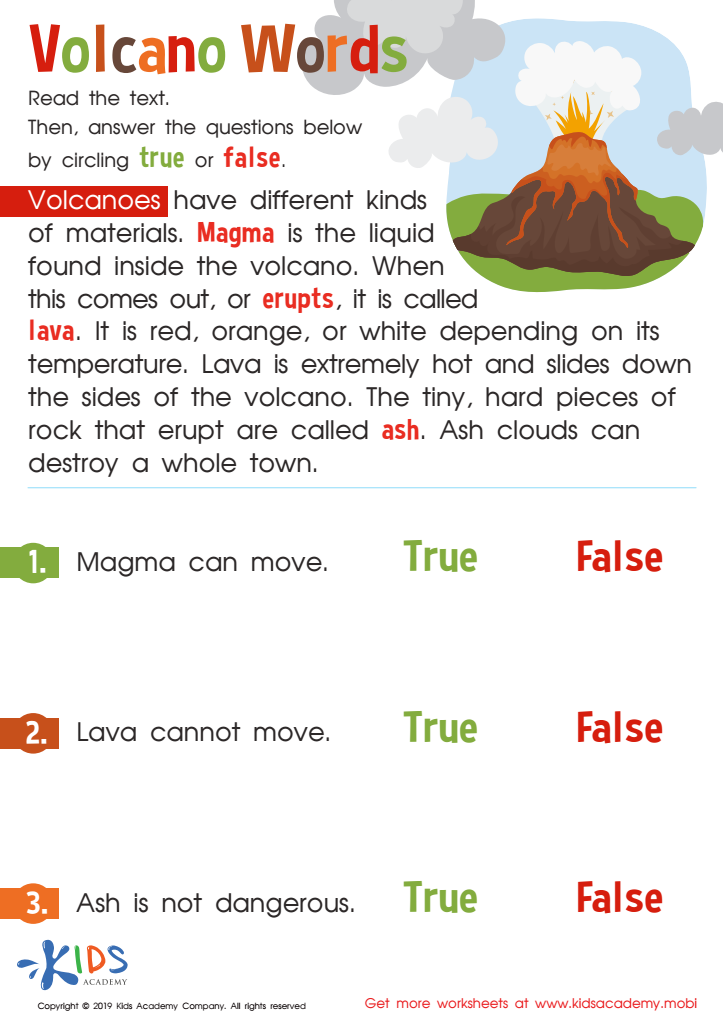

Volcano Words Worksheet
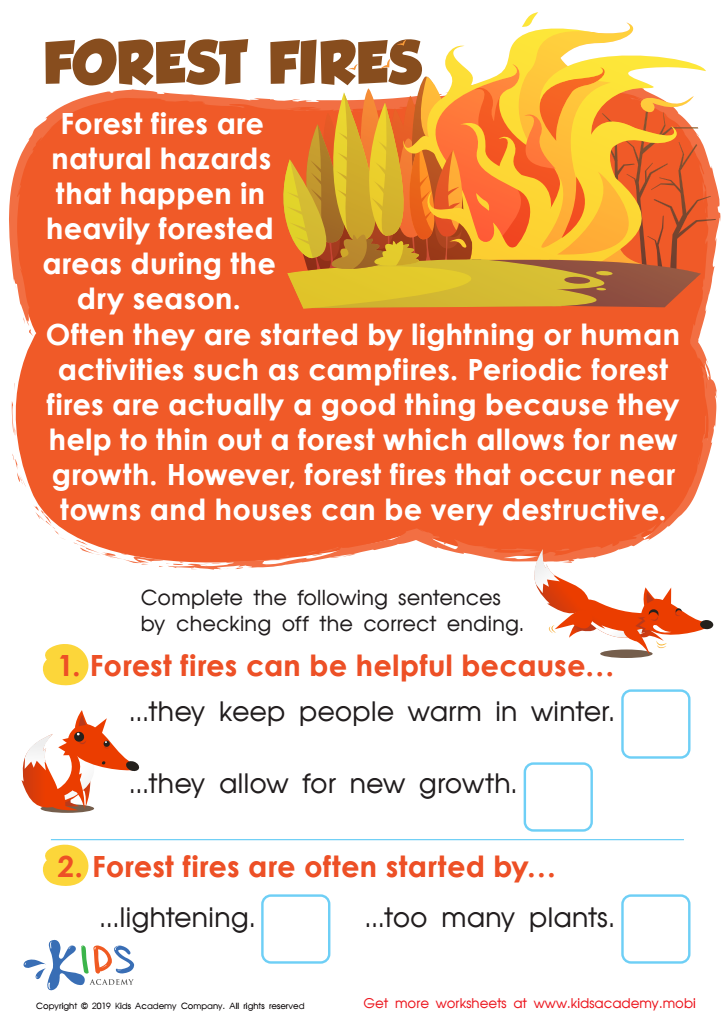

Forest Fires Worksheet
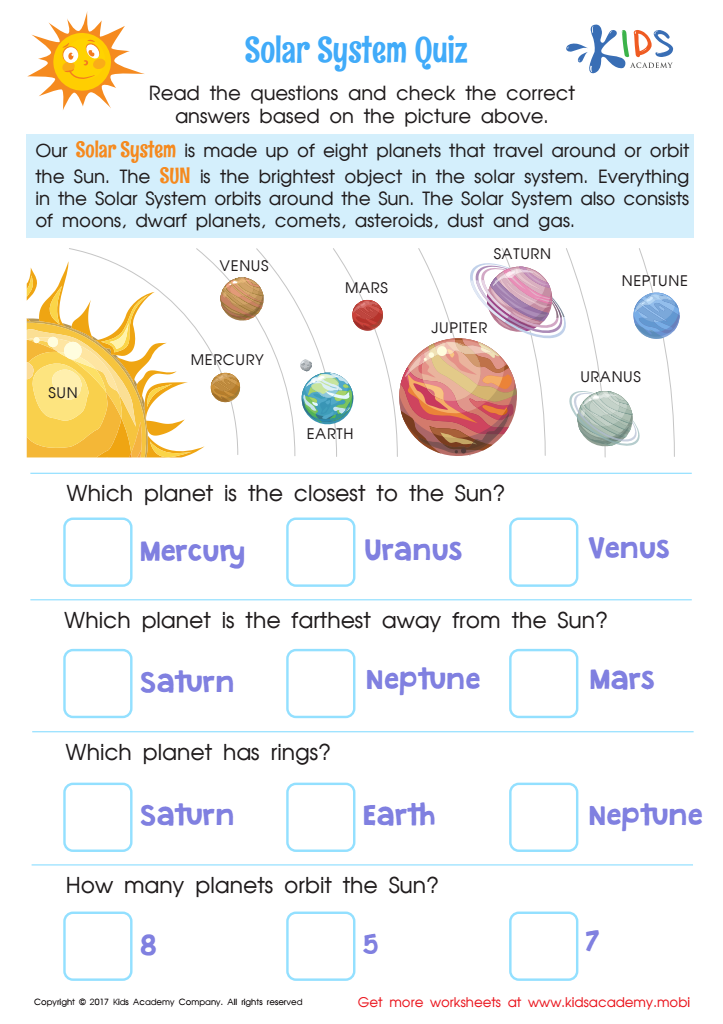

Solar System Quiz Printable
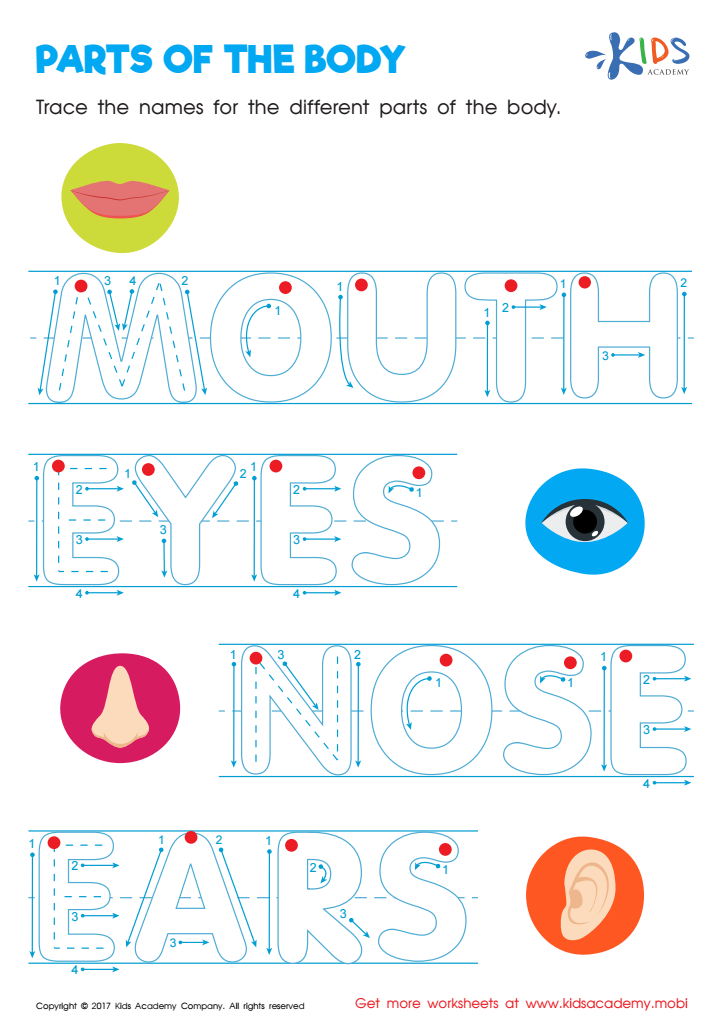

Parents and teachers should prioritize reading practice in science for children ages 6-8 due to its crucial role in fostering early literacy skills and cultivating curiosity about the natural world. At this age, children's cognitive abilities are rapidly developing, making it an ideal time to introduce scientific concepts through engaging narratives and age-appropriate texts. By incorporating science reading into their routine, children improve their vocabulary, comprehension, and critical thinking skills, which are fundamental for academic success.
Moreover, reading about science encourages children to ask questions, think analytically, and develop a sense of inquiry that extends beyond the classroom. It helps children understand how scientific principles relate to their everyday lives, fostering a lifelong interest in learning and exploration.
Additionally, incorporating science into reading practice promotes interdisciplinary learning; students not only enhance their reading and comprehension abilities but also gain content knowledge in a subject vital for the future technology-driven world. As children practice reading science, they become better equipped to tackle complex concepts later in their education. Ultimately, prioritizing science reading fosters inquisitive, knowledgeable, and independent learners—traits crucial for future success in any discipline.
 Assign to My Students
Assign to My Students









